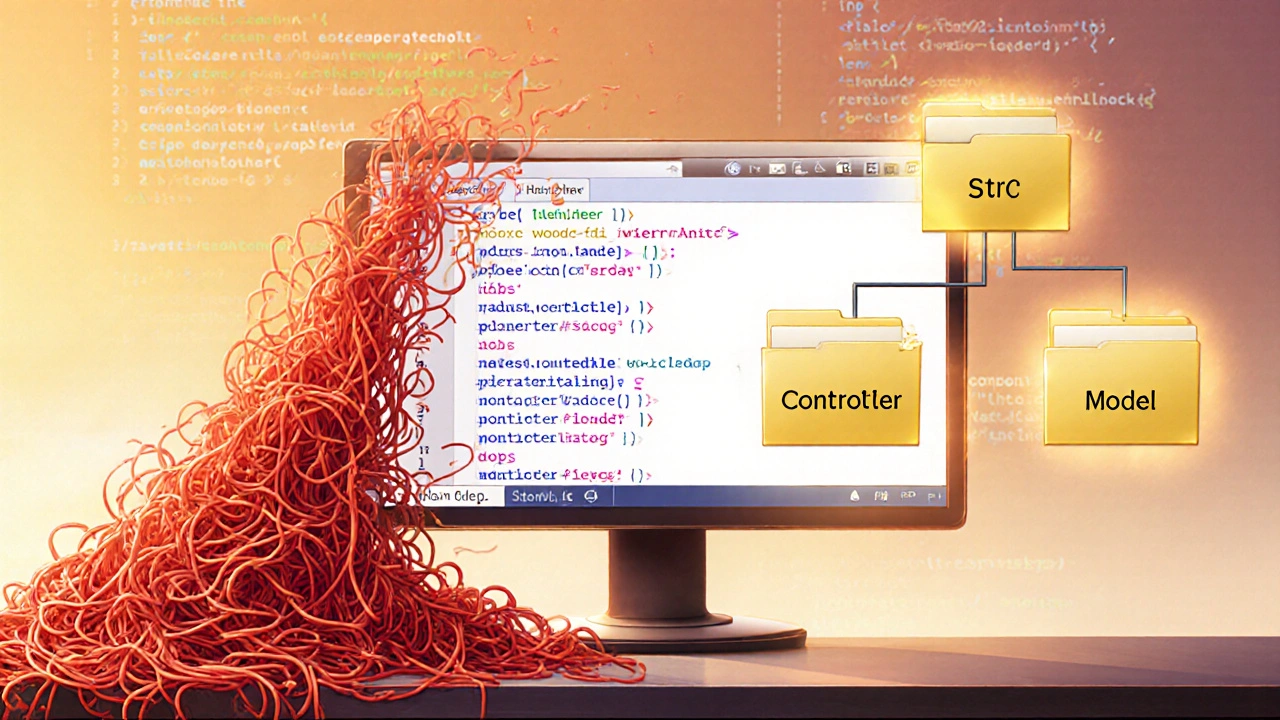Improve PHP Code: Practical Tips for Faster, Safer, Cleaner Apps
When working with improve PHP code, optimizing existing scripts for speed, security, and maintainability. Also known as PHP code optimization, it helps developers deliver smoother user experiences and lower hosting costs. Alongside this core goal, modern PHP 8 features, such as JIT compilation, union types, and attributes provide new levers for efficiency. Performance optimization, including opcode caching and proper I/O handling, directly boosts request latency. Finally, security best practices, like strict input validation and using prepared statements, keep your applications safe from common attacks. Together these concepts form a solid foundation for anyone looking to improve PHP code today.
Why Modern PHP Features Matter
PHP 8 isn’t just a version bump; it reshapes how you write and run code. JIT (Just‑In‑Time) compilation turns hot paths into native machine code, cutting execution time for math‑heavy loops. Union types let you declare variable expectations clearly, reducing accidental type errors that later cause bugs. Attributes replace bulky doc‑block annotations, making meta‑data handling more readable. These changes mean you can write less boilerplate while gaining measurable speed gains. When you combine JIT with a well‑tuned opcode cache like OPCache, the runtime overhead drops dramatically, and you’ll notice quicker page loads without hardware upgrades.
Performance optimization isn’t only about raw speed; it’s also about resource usage. Proper use of lazy loading prevents unnecessary object creation, while batching database queries cuts network round‑trips. Employing native array functions over manual loops can shave milliseconds off each request—a critical factor when you serve thousands of users per second. Monitoring tools such as Xdebug or Blackfire help you spot bottlenecks, and the data they provide guides you to the exact line of code that needs refactoring.
Security best practices sit at the heart of any improvement effort. Switching from the outdated mysql_* functions to PDO with prepared statements eliminates the risk of SQL injection in one stroke. Sanitizing user input through filter_var or using libraries like HTMLPurifier stops XSS attacks before they reach the browser. Enforcing HTTPS, setting secure cookie flags, and using Content‑Security‑Policy headers create multiple layers of defense. When you embed these practices into your development workflow, you reduce the chance of costly breaches and build trust with your users.
Readability and maintainability might feel softer than speed or security, but they’re essential for long‑term success. Consistent naming conventions, PSR‑12 coding style, and separating concerns via SOLID principles keep code easy to navigate. Tools like PHP_CodeSniffer and PHPStan automatically flag deviations, letting you catch issues early. Clear, modular code not only speeds up onboarding for new team members but also makes future optimizations less painful.
Below you’ll find a curated collection of articles that dive deep into each of these areas. Whether you’re after a quick tip to boost your script’s response time, a step‑by‑step guide to secure your forms, or a walkthrough of the newest PHP 8 capabilities, the posts are organized to give you actionable insights right away. Explore the list and start applying these improvements to your own projects now.

- Oct 7, 2025
- Maxwell Sterling
- 0 Comments
PHP Tricks: Step-by-Step Guide to Better Coding
Discover practical PHP tricks to write cleaner, faster, and more secure code. Follow a step-by-step guide covering Composer setup, PDO, PSR standards, Xdebug, testing, and performance tweaks.
